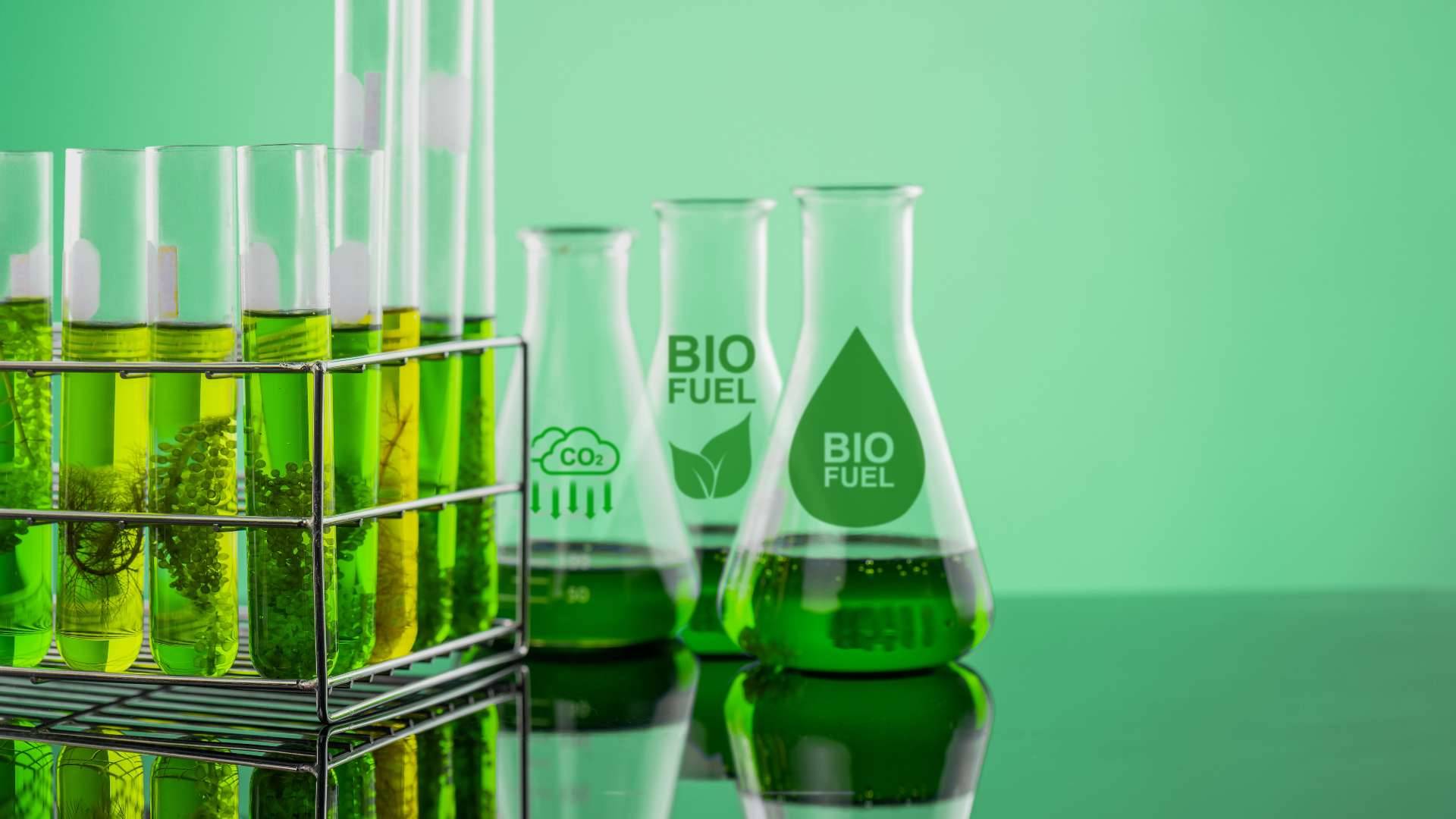
Alternative Energy for the future
ARTICLES | May 14, 2024
Biofuel provides renewable and clean energy from biomass or biowaste.
The raw materials for fuel are often cheap agricultural waste. Biofuel energy also produces lower carbon emission. Biofuels include biodiesel from plants and animals, biogas for households, and ethanol, methanol, and butanol for vehicles.
Biofuels are seen as an alternative energy source of the future as they promote a renewable and non-destructive ecosystem. Biofuels have 80-90% lower carbon emissions than fossil fuels. Bioenergy currently accounts for 10% of all energy sources worldwide. Biofuels such as bioethanol and biodiesel and mainly used in cars and trucks (70%) and aviation (11%).
Biofuels have 3 generations based on the raw materials. The first and second generations are mainly biofuels from food waste and agricultural and commercial products. While these fuels are still used, their raw materials can threaten food supply and biodiversity.
The third generation of biofuels uses algae and sea kelp for their lower production cost and their fast and easy cultivation. Carbon dioxide, a by-product of other industrial processes, also fuels growth. Although still at the laboratory stage, such as in bioreactors, third-generation biofuel production might be scalable to industrial production.
Researchers at the University of Southern California are developing industrial-scale kelp growth using solar-power buoys and an underwater tetrahedron structure that pulls algae from under ocean to the surface. Such bioenergy sources could replace fossil fuels.
Many countries are moving toward a zero-emission economy by 2050. Some countries have started policy enforcement. The UK government in 2020 announced an end sales of diesel and petroleum-powered vehicles by 2030.
The critical challenge, however, is the high cost of raw materials, which makes up 80-90% of the selling price. Entrepreneurs also need to reduce operations costs to compete with traditional fuels.
Thailand has announced the Alternative Energy Development Plan (AEDP2015) 2025-46, covering the production of biofuels, especially biodiesel, with tax benefits from the Board of Investment (BOI), support for research and development, and public education on biofuels. The country aims to raise the share of renewables in energy to 30% by 2037.
Implications for the future:
- The biofuels market should receive direct and indirect government support, such as tax concessions, control of raw material prices, and the allocation of domestic energy consumption.
- Knowledge of botany, energy science, and chemical engineering will help develop new bioenergy sources in the future.
Reference:
Want to know more about us? CLICK www.futuretaleslab.com and https://www.blockdit.com/futuretaleslab











